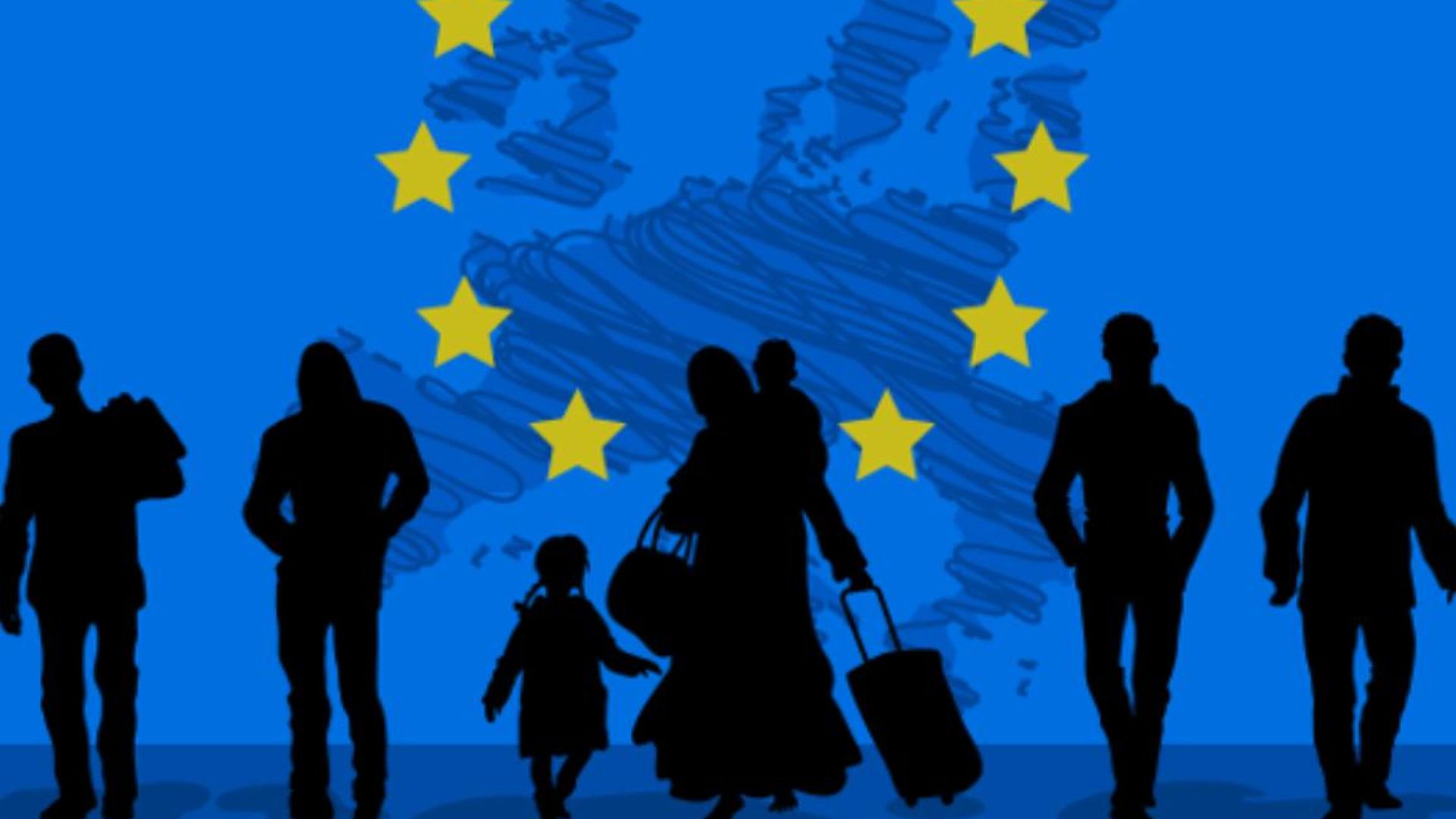By R McAney
On June 15, 2024, prominent Irish commentator Una McGurk took to YouTube to deliver a startling exposé on the Irish government’s handling of the EU Asylum and Migration Pact. Her video, which quickly went viral, alleges that the government intentionally delayed the debate and decision on this significant piece of legislation until after the local elections, thus avoiding potential backlash and scrutiny during the electoral period. This move has raised serious concerns about transparency, democratic accountability, and the potential ramifications for Irish sovereignty.
The Contentious EU Asylum and Migration Pact
The EU Asylum and Migration Pact, which includes the Asylum, Migration, and Management Regulation, has been a contentious issue across Europe. For Ireland, the implications are particularly significant. McGurk argues that the pact would compel Ireland to accept quotas of relocated asylum seekers determined by EU bureaucrats in Brussels, over whom Irish voters have no direct control. This is in addition to the substantial number of asylum seekers already entering the country independently.
The financial burden of accommodating these asylum seekers is another critical issue. McGurk highlighted the projected costs of IPAS (International Protection Accommodation Services) centres in 2024, which are expected to reach a staggering €1 billion. With each IPAS applicant costing approximately €28,000 annually—excluding food and welfare expenses—the economic strain on the Irish taxpayer is evident.
Democratic Process and Sovereignty at Stake
One of the most profound concerns raised by McGurk is the potential transfer of Irish constitutional sovereignty to the EU. Under Protocol 21, Ireland is not automatically bound by EU legislation on asylum and immigration unless it opts in. McGurk suggests that opting into the pact without thorough public debate and legal scrutiny could breach the Irish Constitution. She refers to important Supreme Court cases, such as City Pringle and Costello, which addressed issues of sovereignty transfer, arguing that these cases might necessitate a constitutional referendum.
McGurk insists that the Irish public deserves a transparent debate and legal consideration of these matters. She urges that an official opinion from the Office of the Attorney General be sought and made available to the public. This step is crucial to determine whether the pact requires a constitutional referendum, ensuring that the people’s voice is heard on this critical issue.
Accusations of Government Misconduct
In her video, McGurk accuses the government of deliberately withholding important information from the public. She points out that advice from the Attorney General’s office on the potential repercussions of the pact was not disclosed before the referendum last March. This omission, she argues, demonstrates a pattern of the government’s reluctance to provide accurate information to the Dáil and the Irish people.
Furthermore, McGurk asserts that the government’s decision to schedule the debate on the pact for approval in the Dáil next Tuesday afternoon, June 18, 2024, at 15:50, and in the Seanad on Wednesday afternoon, June 19, 2024, at 12:45, is a calculated move to minimize public and media scrutiny. She calls this tactic an assault on the integrity of Ireland’s democratic process, emphasizing that openness, transparency, and accountability are fundamental pillars of democracy that must be upheld.
Call to Action
McGurk’s video is not just an exposé; it’s a call to action. She implores every Irish citizen to contact their local politicians and demand a delay in the vote to allow for a proper public debate and legal examination. She stresses the urgency of the situation, highlighting that once Ireland opts into the pact, there is no going back.
To facilitate this grassroots mobilization, McGurk has provided a ready-to-use letter in the description box of her video, encouraging viewers to bombard their representatives with emails, calls, and personal visits to voice their concerns.
Conclusion
The revelations in Una McGurk’s YouTube video have sparked a significant controversy in Ireland. As the Dáil prepares to debate the EU Asylum and Migration Pact, the issues of sovereignty, economic burden, and democratic integrity hang in the balance. The Irish government faces mounting pressure to ensure transparency and accountability in its decision-making process. Whether this debate will lead to a constitutional referendum or further political turmoil remains to be seen. One thing is certain: the Irish people are demanding their right to be heard on this crucial issue.
References
- McGurk, Una. “EU Asylum and Migration Pact – Hidden Debate.” YouTube, 15 June 2024. YouTube Video
- “Protocol 21: The UK’s and Ireland’s Opt-out from the EU’s Area of Freedom, Security, and Justice.” European Union. EU Link
- “City Pringle and Costello Supreme Court Cases.” Irish Supreme Court. Court Link

